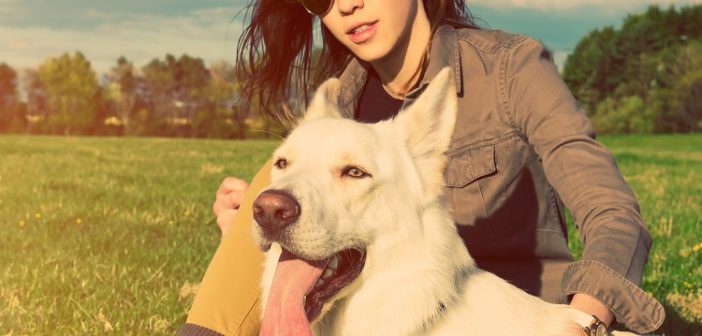Dogs are proven to be great companies, and just like what they say, “a dog is a man’s best friend”. They are so loving and loyal that often, we prefer them to other humans. And just like us, dogs especially puppies, require as much care and attention. It is the reason why every newbie dog owners need to have the right knowledge on how to take care of newly-rehomed dogs.
To help all novice owners out there, here is a guide that you can follow for tips on what you should do to help your new puppy get acquainted with the new family and home.
First days at home
First and foremost, make sure your home is dog-friendly. Do not leave small, easy to swallow objects laying around and keep wirings out of reach.
Your dog’s first nights are going to be the toughest. If you are planning to crate train, which is the most advisable, then start already on the first night. Expect that it will cry the entire time and you might get a little sleep. You might need to have a bit more patience and self-discipline to not let her or him out or go near the crate. Your puppy needs to get used to its house arrangements as early as possible.
During the mornings, it is normal for newly-rehomed dogs, especially for younger puppies, to sleep most of the day that they might seem less energetic at first. Remember that they are still starting to adjust to the surroundings and the people at home. As much as possible, refrain from inviting too many visitors to see it – wait until it is fully adjusted.
Food guide for puppies and adult dogs
It is also normal for dogs to eat less when they are in their new homes. Whether your puppy has the appetite or not, start following a meal schedule. Puppies five months and under are advised to have three to four meals per day. Starting from six months, you can slowly adjust it to two meals with larger serving. Older dogs can eat only once a day, depending on the serving.
You should also research the list of food that dogs are not allowed to eat. Chocolate is the most popular food to avoid. There are also fruits like avocado and grapes that are prohibited as well as food that is too salty or too sugary.
Dog training
Your puppy can start its training as early as two months. The training will mostly consist of basic behavioural manners needed for both pet and owners so they can properly adjust to each other’s lives. Once your dog gets older, at least six months, it can already start proper and more complex training. For more information about this, see alpha dog training. Remember that formal training may not seem essential, but they are vital for the dog’s growth and quality of life as well as the harmony with the owners.
First veterinarian check-up
You can already schedule a vet appointment as soon as your pet gets home. Make sure that all vaccines and deworming are on schedule. You can also ask your veterinarian any questions that you have on what you should do to get better care for your new family member.
Dogs are a huge responsibility so you have to be fully committed if you are planning to adopt soon. Be ready to change your life around. It can be tough at first, but soon, when you give the proper care for your puppy, your life will just turn for the better and it will all be worth it.





A very awesome blog post. We are really grateful for your blog post. You will find a lot of approaches after visiting your post. I was exactly searching for. Thanks for such post and please keep it up.